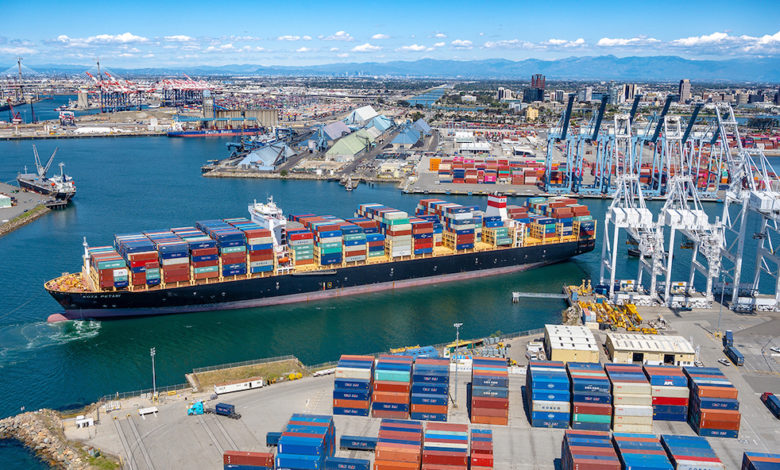World Shipping Council: ‘Further regulating ocean carriers will not solve the deeper challenges in US supply chains’

In response to news that the Ocean Shipping Reform Act, passed in December by the US House of Representatives, was introduced in the Senate last week, the World Shipping Council (WSC), the Washington DC liner lobbying group, issued a statement.
John Butler, president and CEO of the WSC, said: “Ocean carriers continue to work with all members of the supply chain, the Federal Maritime Commission, the administration, and their customers to identify and implement operational solutions to mitigate the ongoing supply chain congestion. Ocean carriers have deployed every available ship and container to move the continuing record levels of cargo resulting from pandemic-driven US demand for imports – but when ships cannot get into port to discharge and load cargo because of landside logistics breakdowns, it is clear that further regulating ocean carriers will not solve the deeper challenges in US supply chains.”
Further, he said, “The deeply flawed bill passed by the House at the end of last year would place government officials in the role of second-guessing commercially negotiated service contracts and dictating how carriers operate ship networks – an approach that would make the existing congestion worse and stifle innovation. We look forward to the opportunity to work with the Senate to craft a final bill that – in contrast to the House bill – takes a comprehensive, forward-looking view of the real root causes of supply chain congestion – and that does not make that congestion worse.”
Looking at the proposed legislation, shipping analysts at US investment bank Jefferies questioned what it could achieve.
“Even if passed, we believe the proposed law will do very little in the way of alleviating the supply chain and congestion issues that are putting upward pressure on freight rates. To note, there is virtually no idle containership capacity, and ultimately surging demand and onshore issues are to blame for disruptions to the supply chain,” Jefferies pointed out in a weekly report published today.
Other countries are also looking at legislation to try and ease the ongoing supply chain pains that have arisen during the pandemic.
